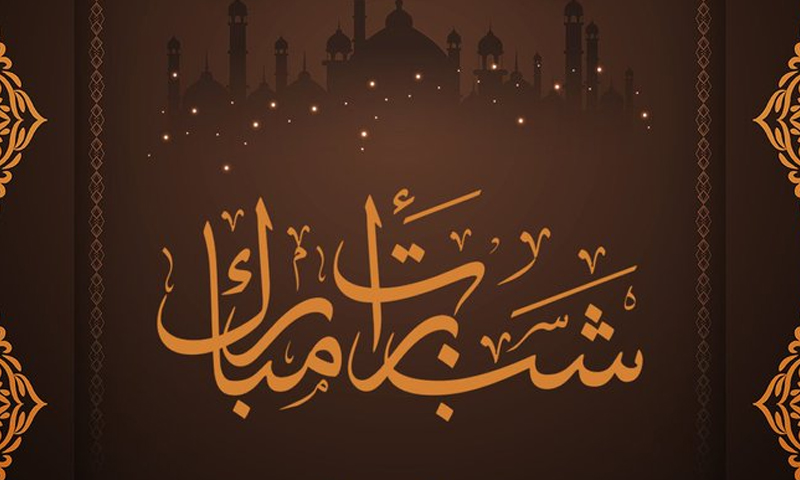- Web
- Feb 15, 2026
Click, judge, condemn: does moral panic shape public opinions in Pakistan?
-

- Web Desk
- Aug 11, 2025

By Maira Suleman
How often do we come across a photo, videoclip, or headline which cause social media to spiral within seconds? Before context is considered or facts are checked, judgements are cast like verdicts. This isn’t just an instinct after seeing anything online; it reflects a deeper cultural tendency, a rapid reflex toward negative assumptions. Many Pakistani audiences aren’t just consumers of content; they feel they are the sole gatekeepers of culture, except that there are too many of them all around us.
In a society where religion, honour, morality and tradition intertwine with identity, anything that appears to challenge those pillars is met with criticism. So it doesn’t always come from hate or pettiness; it is often rooted in fear of losing their collective identity.
Similarly, it’s not just about anything posted on media; the audience feels entitled to having expectations from an actor, a performer, or any active media personality, like they owe them something. For instance, take Mahira Khan’s ‘infamous’ photo in which she was seen smoking with Ranbir Kapoor. No caption was there, no backstory, yet the audience still exaggerated the picture to such an extent that she thought her career was over, as she mentioned in her conversation with BBC Asian Network.

Echoes in the chambers
There is also the impact of echo chambers, which refers to an environment where a person only encounters information or opinions that reflect and reinforce their own. Social media tends to be a perfect lab for that amplify the most trending news rather than the most authentic news.
That emotional weight of engaging with Joyland turned private discomfort into public campaigns, and eventually, into a government ban. To them, blocking the film wasn’t censorship; it was an act of protection, a way to defend what they believe Pakistan should stand for.
When a narrative gains attention, people tend to create different assumptions and opinions. Given reputations can be fragile, particularly for those in the public eye, they often publicly denounce themselves to fit in socially, which in turn proliferates the negative opinions that are circulating.
Fawad Khan’s Abir Gulaal to release worldwide, excluding India
For instance, this could be felt in a recent presumption about drama Parwarish where viewers went onto grab pitchforks to show that the drama was violating the ethical, religious, and cultural values of our society after fans noticed LGBTQ+ imagery. The drama, set to air its last episode tonight, has been lauded but there are always those making noise to highlight the unnecessary by overanalysing it.

Although the poster depicted a ‘rainbow heart’ showing Sabeen Mahmood, a cultural enthusiast who was killed in Karachi; for a brief moment, it sparked outrage, leading to countless tweets and Instagram posts throwing backlash on the entire drama’s theme, as it has ignited controversy among the audience in the country due to endorsing values that clash with the local customs.
The viewers could not care less about the person in the photo but were hyper-fixated with the rainbow pattern instead.
Moreover, not just the drama, but the recent hype over the “Labubu dolls”, which got dubbed as manifestation of ‘Dajjal’, disseminated so much that, even though it is only a doll, people started calling it out on social media for being demonic, burning them or not buying them altogether. The ironic part is that those dolls were not questioned as a fad with regards to riding the wave of consumerism but as agents of Dajjal.
Gatekeeping morality
Even for the movie Joyland, the reaction revealed how strongly many Pakistanis experience films as a mirror of national morality. While the film earned international praise, including a prestigious award at Cannes in 2022, at home it stirred unease and, for some, outright alarm. Just as the release date neared, people online spoke of feeling that the movie crossed “unacceptable” lines, framing it not as entertainment but as an attack on cultural and religious values. For many, it felt like a threat to the shared moral fabric that binds the nation. That emotional weight turned private discomfort into public campaigns, and eventually, into a government ban. To them, blocking the film wasn’t censorship; it was an act of protection, a way to defend what they believe Pakistan should stand for.
Ultimately, these controversies, whether over a cigarette in Mahira Khan’s hand, rainbow imagery in Parwarish, the “demonic” Labubu dolls, or the banning of Joyland, are not isolated incidents. They reflect a distinctly Pakistani pattern of guarding cultural, religious, and moral identity with fierce immediacy.
These values are deeply woven into everyday life; even the smallest perceived deviation can be seen as a threat to the collective self. Social media gives such ideas the space to proliferate, accelerating this rapid reflex towards negative assumptions, turning personal disapproval into public campaigns that demand conformity. The result is a culture where the speed of judgment often outpaces the search for truth, and where defending “who we are” takes precedence over questioning why we react the way we do.




